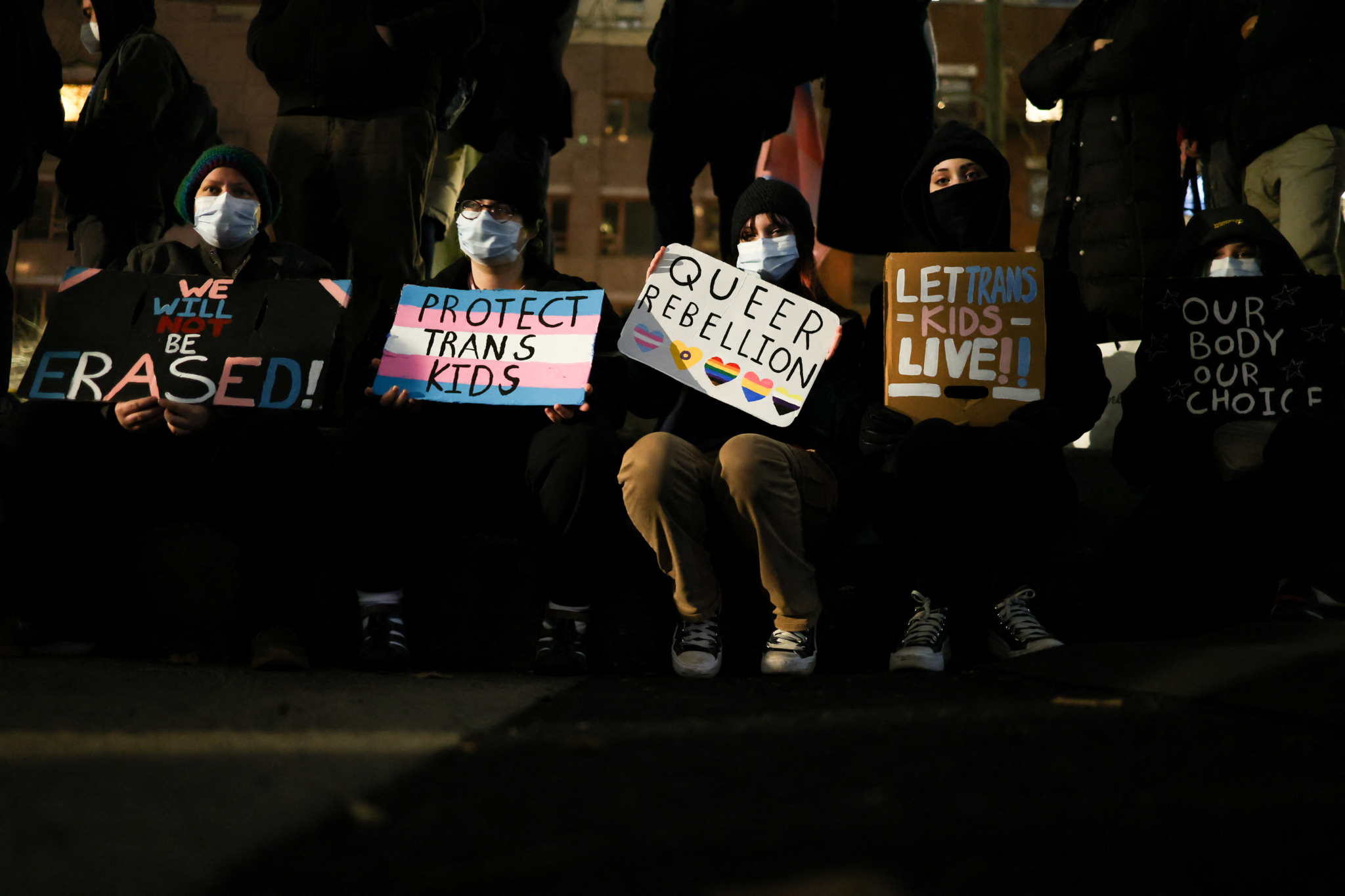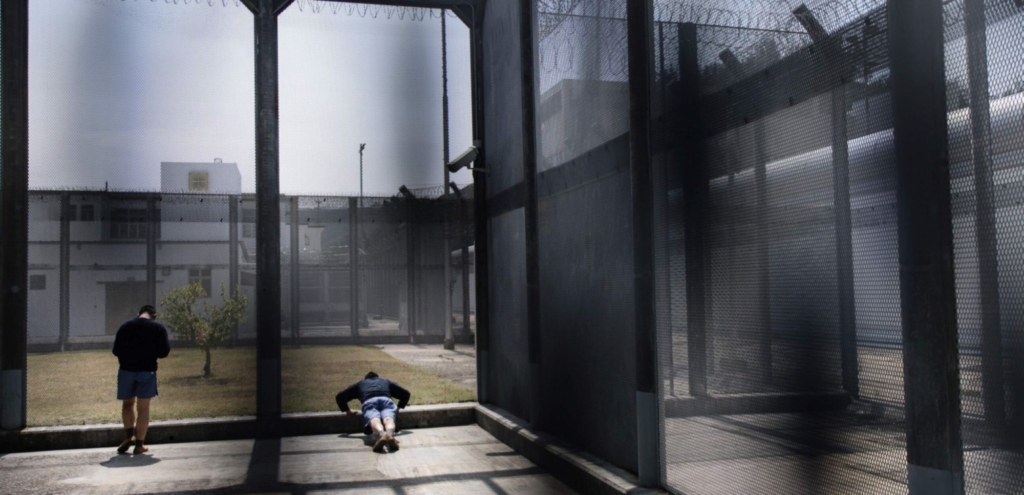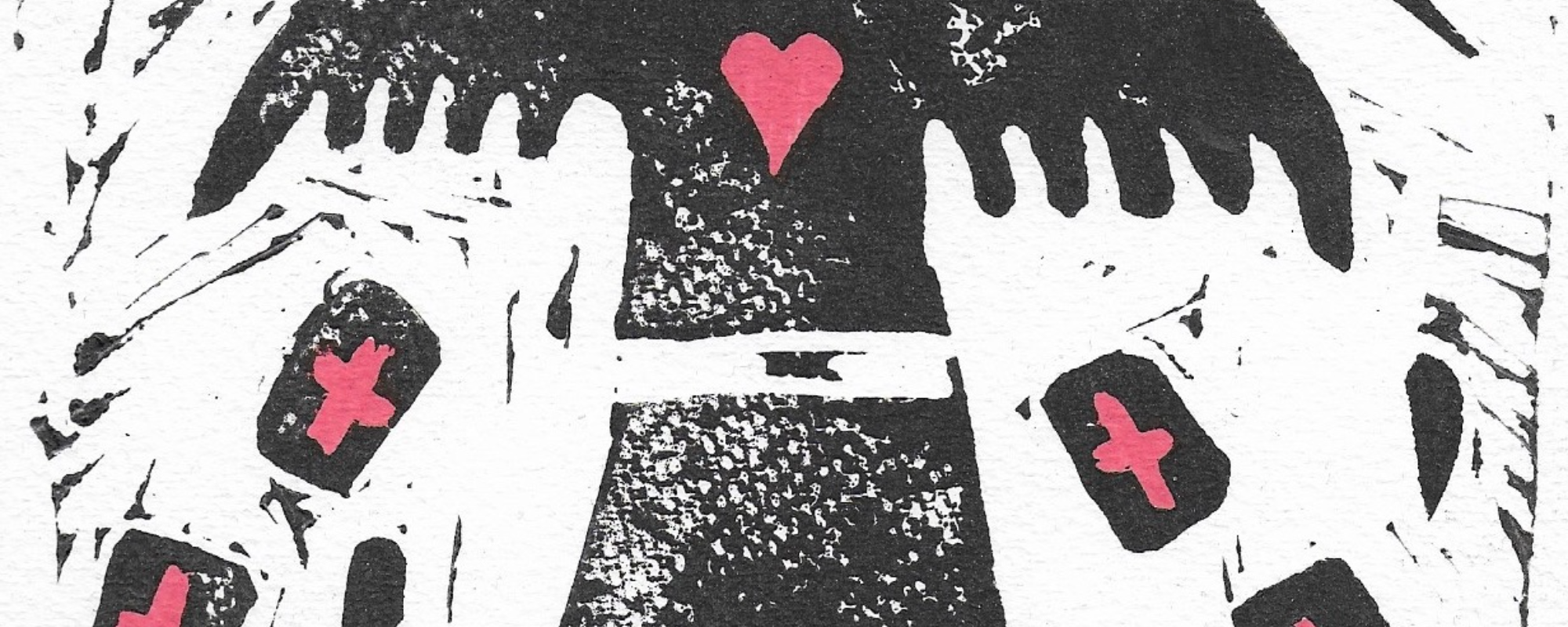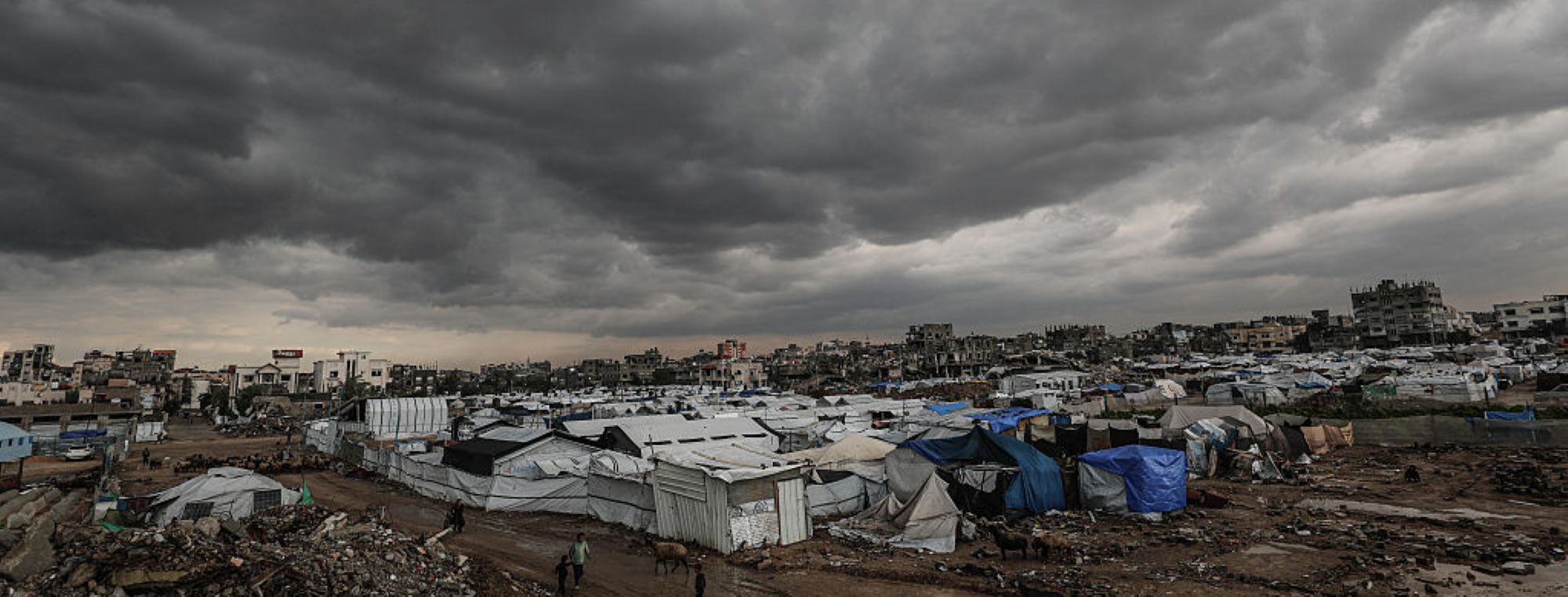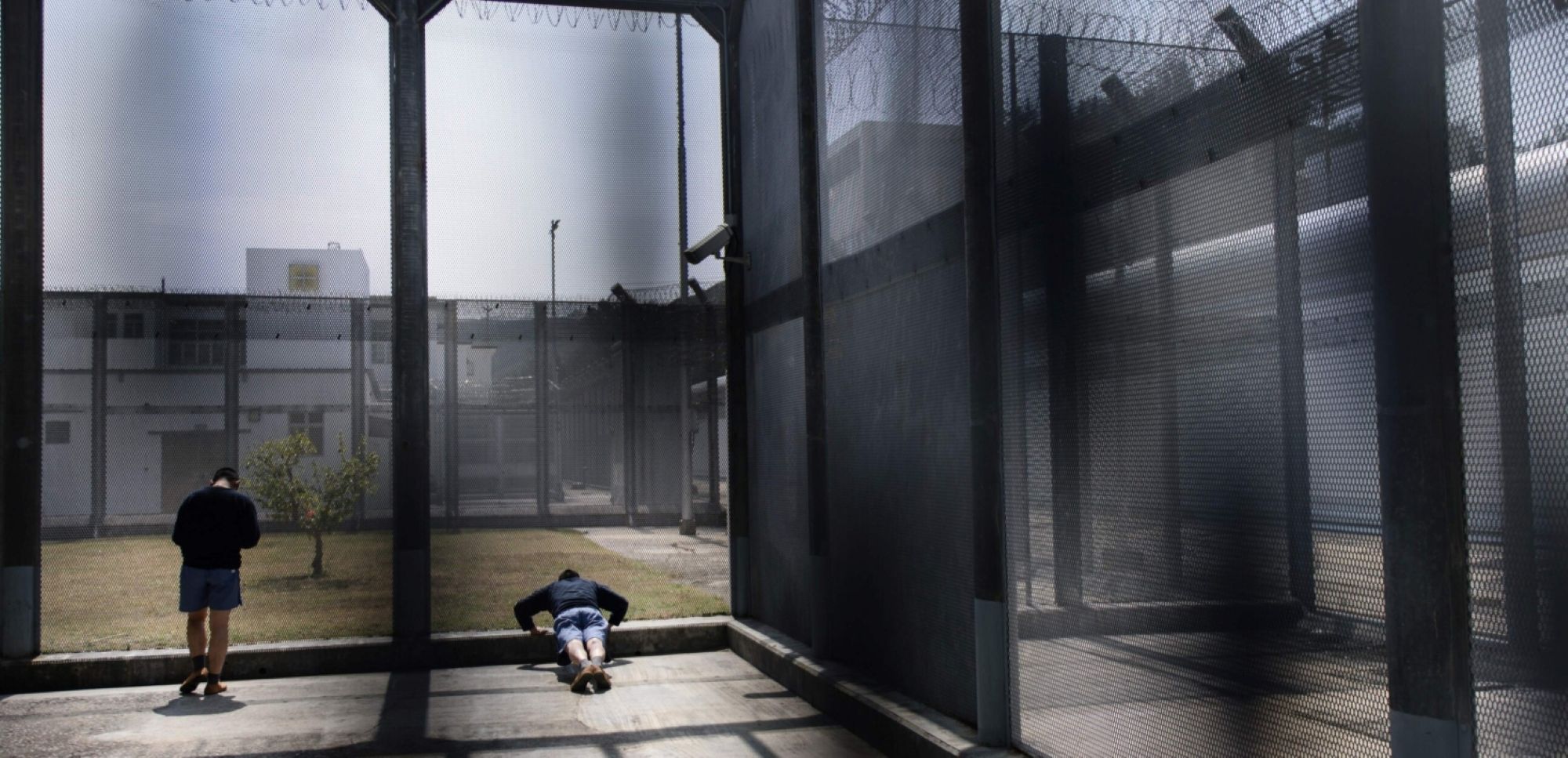A new ruling from the Court of Appeal for Saskatchewan in a challenge to the province’s pronoun law is a “meaningful victory” for human rights in Canada, Amnesty International Canada says.
In a decision released on Monday, the court ruled that the UR Pride Centre for Sexuality and Gender Diversity’s constitutional challenge against Saskatchewan’s anti-trans pronoun law could move ahead – despite the provincial government’s use of the notwithstanding clause to shield the bill from being struck down in court.
The ruling confirmed that even when governments invoke the notwithstanding clause, courts can still determine whether a law violates the Charter of Rights and Freedoms, and issue a declaration saying so.
“Today’s ruling in Saskatchewan is a meaningful victory for the protection of human rights in Canada,” said Ketty Nivyabandi, Secretary General of Amnesty International Canada’s English-speaking section. “It affirms that governments cannot use the notwithstanding clause to prevent courts from declaring that a law unjustifiably violates Charter rights.”
Saskatchewan pronoun law threatens rights, safety of trans, gender-diverse students: Amnesty
Introduced in 2023, the Saskatchewan pronoun law requires students under 16 to receive parental consent to have their gender-affirming names and pronouns used in schools by teachers or other education workers. Amnesty International Canada has consistently condemned the measure, which undermines the rights, safety and dignity of transgender and gender-diverse students, potentially exposing them to discrimination, rejection or abuse.
The UR Pride Centre’s challenge seeks a court declaration stating that the pronoun policy violates affected students’ Charter rights to equality; life, liberty and security of the person; and not be subjected to cruel and unusual treatment or punishment. In response, the Government of Saskatchewan levied that the use of the notwithstanding clause should prevent a court from considering whether the law violates the Charter. The Court of Appeal has resoundingly rejected that argument.
Amnesty International Canada participated as an intervenor in the Saskatchewan appeal. In its written submission to the court, Amnesty argued that the use of the notwithstanding clause must align with Canada’s obligations under international law to uphold the right to an effective remedy. Although the notwithstanding clause prevents courts from striking down the law – one example of a remedy – it does not preclude a person whose rights have been violated from seeking or receiving other remedies, including a declaration that the law unjustifiably violates their Charter rights.
“We are deeply grateful to our pro bono lawyers, Gib van Ert and Dahlia Shuhaibar, of the law firm Olthuis van Ert, for their dedication and expertise in helping us defend people in Canada – including students in Saskatchewan – whose rights are under attack,” Nivyabandi said.












